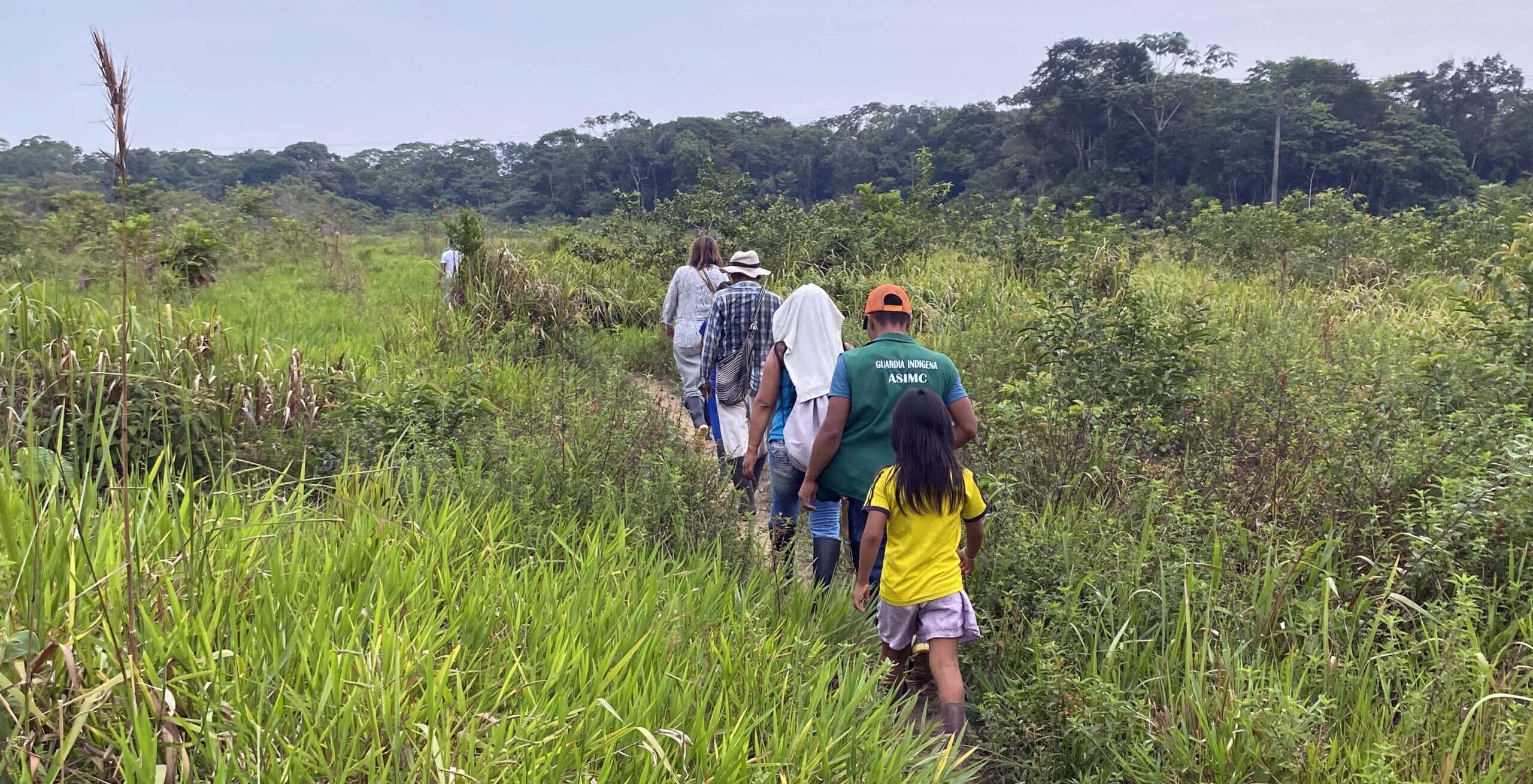
20 June 2025
post
Pathways to Sustainable Agriculture: Insights from LEAF Indonesia in Gorontalo
20 June 2025
post
Pathways to Sustainable Agriculture: Insights from LEAF Indonesia in Gorontalo
20 June 2025
post
Rooted Alliances: Universidad Técnica Particular de Loja (UTPL) Advances Inclusive Access in the Ecuadorian Amazon
17 June 2025
post
People, Nature, and Resilience: Launching ILWGAWS in Ghana’s Coastal Wetlands
16 May 2025
post
Tropenbos Colombia Establishes Centre for Intercultural Tree Seed Management
16 April 2025
post
Building Adaptive Fisheries Governance Capacity: Can adaptive governance improve fisheries management?
25 March 2025
post
GlobalSeaweed SUPERSTAR: Developing new innovative cultivation methods for testing wild eucheumatoids for their climate resilience
24 March 2025
post
Introducing CROSSROADS: Using native plants to restore biodegraded soils in Ethiopia
05 March 2025
post
Blog: Balancing conservation and livelihoods – exploring local perspectives within the Indonesian seaweed industry
12 February 2025
event
The GCBC 2025 Research Symposium Open Day
04 February 2025
post
The GCBC Research Grant Competition 3 (RGC3) Concept Note application has CLOSED